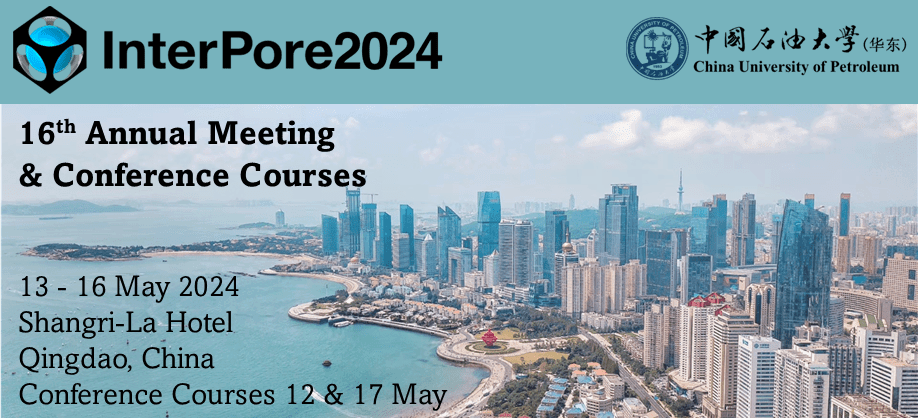Speaker
Description
The mechanical parameters of reservoir rocks play a crucial role in the evaluation of unconventional reservoirs. However, due to time and cost constraints, conducting rock mechanics experiments on all formations is not feasible. Furthermore, conventional testing methods may not accurately characterize and test rocks with complex micro-structures, such as tight sandstones and shales, where pore-throat connectivity is intricate. Therefore, this study proposes a multi-scale coupled simulation approach for reservoir rock mechanical parameters. Firstly, digital core models were constructed through CT scans of four core samples obtained from the Shengli oilfield. The analysis of thin section observations, combined with the machine learning approach of random forest, was used to classify mineral phases in the cores, such as Feldspar, Quartz, Mica, and Calcite. These mineral phases were well distinguished within the core. Subsequently, crystal lattice models of these minerals were established at the molecular scale, and mechanical parameter simulations based on molecular modeling were performed. The finite difference method was employed to calculate the stress under various strain states, resulting in the Young's modulus and Poisson's ratio for each mineral component. At the core scale, finite element simulation of uniaxial compression tests was conducted using the mechanical parameters obtained from molecular simulations, to calculate the Young's modulus and Poisson's ratio of the entire core. The model established by this method accurately reflects the fine structure and heterogeneity of the rocks, thus improving the simulation accuracy and faithfully representing the mechanical behavior of rocks in experiments. Comparison with actual uniaxial compression test results indicates an average Young's modulus error of 2.44 GPa and an average Poisson's ratio error of 0.036, demonstrating that this simulation method effectively predicts rock mechanical properties, reduces the time and cost required for experiments, and retains the majority of the accuracy of the results obtained.
| Country | CHINA |
|---|---|
| Conference Proceedings | I am not interested in having my paper published in the proceedings |
| Student Awards | I would like to submit this presentation into the MDPI student poster award. |
| Acceptance of the Terms & Conditions | Click here to agree |




.jpg)
